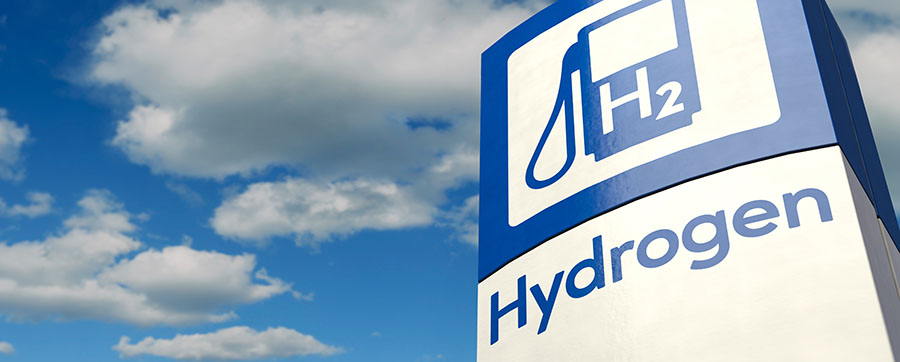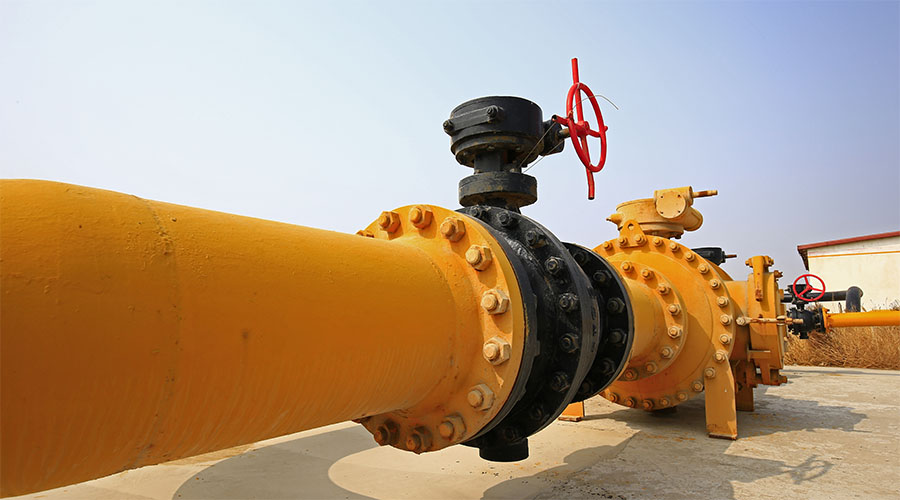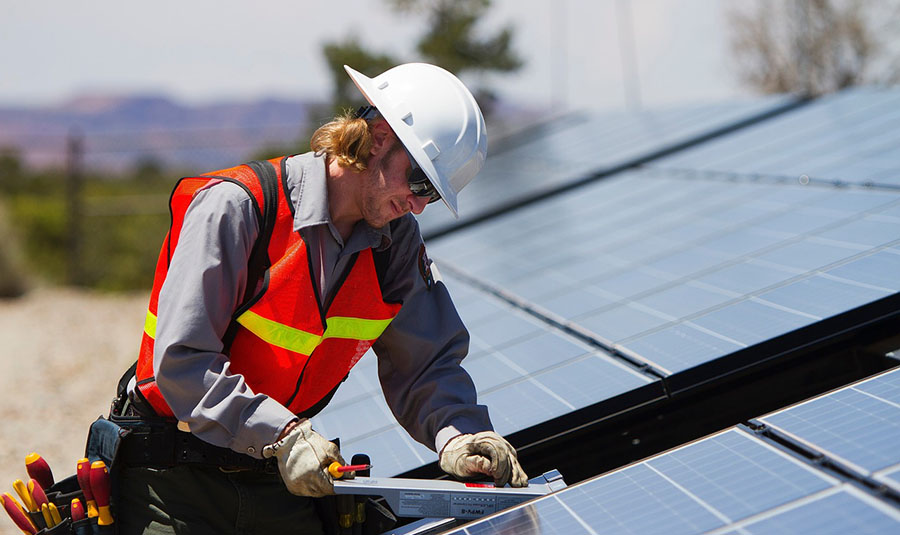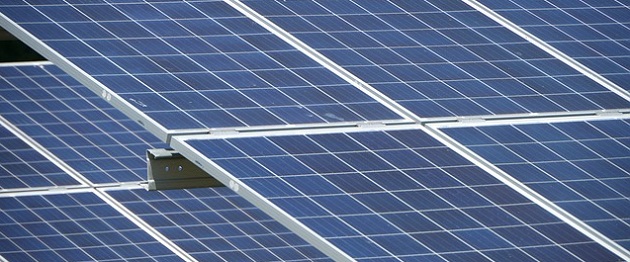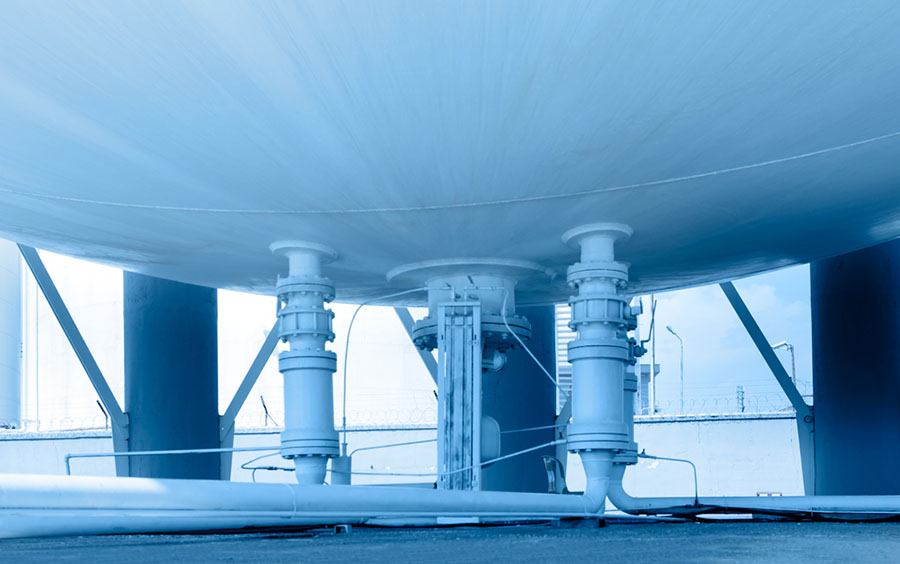Let's start with the immediate aftermath. Markets took a plunge this Wednesday, and energy companies took some of the biggest hits as investors bet on an economic slowdown.
Investors expecting a Romney win were prepared to put their money on coal, but as MarketWatch reports, " a cold post-election wind blew through the nation's coal fields."
Meanwhile, friendly neighbors to the north are optimistic on Obama's four more years in office. Energy executives in Calgary commented that the President's victory bodes well for the Alberta resources industry.
Of course, that show of support depends on the fate of the Keystone XL pipeline, which is still pending approval. U.S. energy trade group American Petroleum Institute (API) congratulated the President on his win while pushing for action on domestic energy security. API President Jack Gerard commented, "Right off the bat, the president can approve the Keystone (XL) pipeline and put thousands of Americans to work immediately."
In response, U.S. Ambassador to Canada David Jacobson says don't hold your breath, telling The Canadian Press, "We don't even have a route yet from the state of Nebraska, and until we have that, nothing can happen."
Nonetheless, the picture for natural gas is leaning toward the bullish side. But the President must tread carefully in order not to alienate his environmentalist supporters. This delicate balancing act limits how much he can accomplish, and how fast.
Clean energy proponents are hoping for more support and less lip service. Jim Lane of Biofuels Digest is cautiously optimistic that that the President will deliver on his promises, noting that "Obama was by far the most bullish supporter of all things biofuels in the race."
As for solar and wind, the jury is still out. Morningstar Analyst Stephen Simko told Reuters that "Obama can love solar as much as he wants, but I don't know that a whole lot more is going to happen in terms of new, constructive policy."
Platts asserts that Democrat wins in the senate will help the President advance his objectives on all energy fronts, noting that Republicans maintained a healthy majority in the House of Representatives.
The most pressing issue, commentators widely agree, is the looming "fiscal cliff." Every other item on the presidential to-do list will have to take a backseat. That is, unless energy policy can help solve the nation's fiscal woes, as energy investor Boone Pickens argues.
It's still stormy out there, but natural gas and clean energy are (rival?) siblings on the presidential agendaóbig coal is the ugly stepchild. And as Money Morning's Jeff Uscher surmises, "much of the excess cash being generated by the Fed will find its way into stocks and hard commodities." Including energy stocks.


